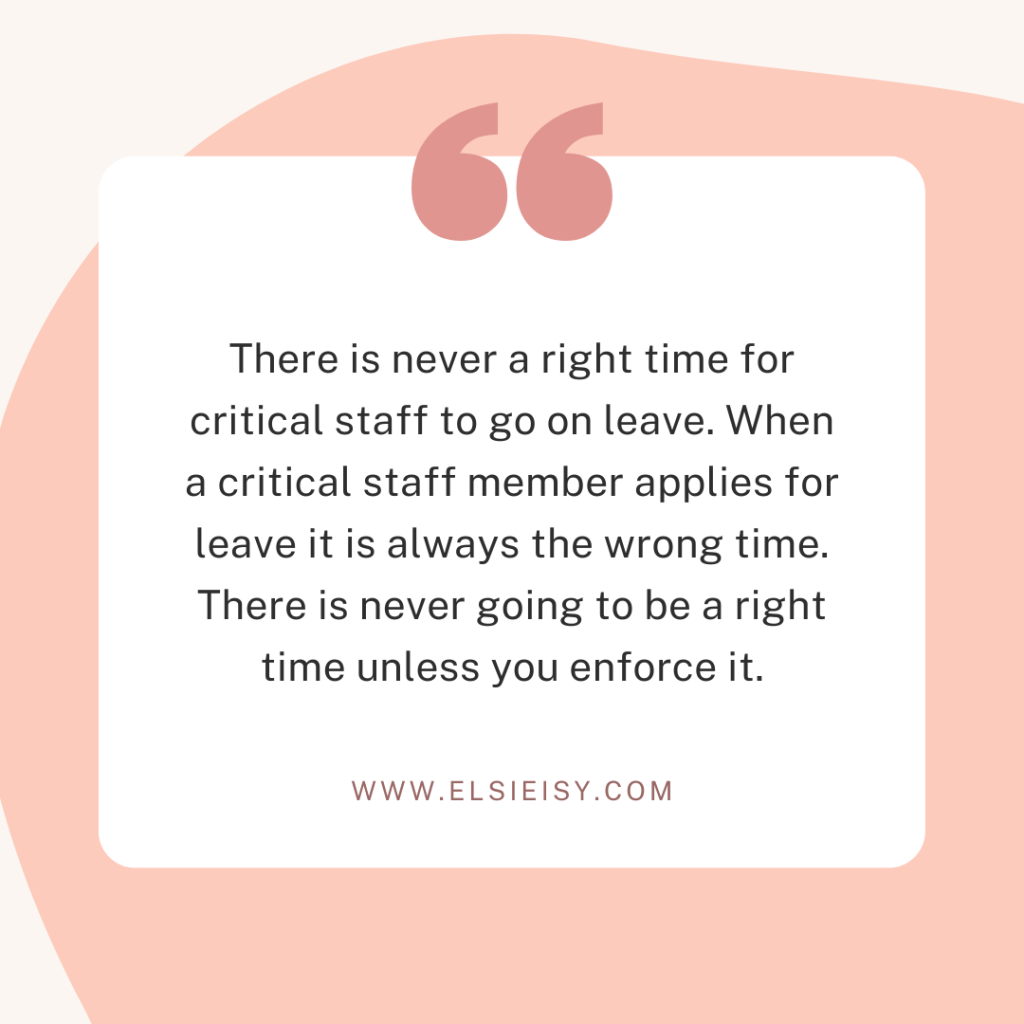Running a business is not an easy feat. It was not in the past, is not in present, and will not be in the future. It is a journey that requires a different level of talent, skill, knowledge, wisdom, and emotional intelligence. It is a journey that is more about people management than work management.
I have had the opportunity of working with a few startups. I have helped launch, build brand presence from the ground up, and market products. I have also interacted with some of the best talents in the industry in a way that allowed them to be open about the work that they do and what they wish was done better.
In these conversations, I have noticed the need to encourage valuable members of the team (as well as yourself) to take a break that is rightfully deserved and even more. People give their full time to a project for years without catching a break and you realise that when they eventually do seek that break, they are either completely burnt out or transitioning to another company.
There is never a right time for critical staff to go on leave. When a critical staff member applies for leave it is always the wrong time. There is never going to be a right time unless you enforce it.
While I recognise that there are different breaks for different reasons, I will focus on the following reasons we must go on paid annual leave:
Talent retention
Talent retention is very important in the workplace as it helps with structure, productivity, and cohesion. As much as we all agree that every member of staff contributes to the success of the business, there are certain people who are critical to the business for various reasons.
As a staff rises on the scale of importance in the organisation, retaining them becomes even paramount. And for this reason, business leaders and recruitment consultants should constantly remind themselves of the importance of actively and consciously enforcing human sensitive rules that ensures that growth is achieved and balanced.
Work life balance
With the rise of remote work, there is a misconception that work-life-balance has now become easier to achieve. This is not the case. When I get to speak to friends of mine who are professionals in executive/managerial positions, we make jokes out of how remote work is a scam. To keep your business going, you need high performing individuals that are sometimes referred to as ‘workaholics’. They bring all the energy needed to the table. They are the same people who take work home, doing crazy hours.
Working from home doesn’t change this, it only means that they struggle to know when to shut down their computers and focus on their personal life because the workstation is likely less than 10 feet away.
As much as this need to drive growth and success is needed for the business, if such an individual is not encouraged to take the time out that they deserve, it will come back to hurt the company in ways that are immeasurable. Do not forget that a happy employee equals great ROI. If you are running a startup, make it a part of your responsibility to ensure that your critical staff get their breaks and take time out that they deserve to avoid burnout and mental exhaustion.
Productivity & focus
Researchers have found that even brief diversions from a task can dramatically improve one’s ability to focus on that task for prolonged periods. It further showed that “constant stimulation is registered by our brains as unimportant, to the point that the brain erases it from our awareness.”
While encouraging flexibility at the workplace, investing in technology, eliminating unnecessary workplace barriers, providing frequent praise, training, etc are all good to have, people need to take a break from work as it is a necessity for productivity and focus.
Employee appreciation
There are very few employable people and there are very few assets with regards to talents that bring ideas alive. Employers need to understand how to reward loyalty and dedication.
Imagine being in the kitchen for hours, preparing meals for a holiday and when it is time for you to have a meal, you are told you do not have the right to a nicely dished meal because there are other meals to be made.
Compared to having spent hours in the kitchen only to be approached by a member of the family who lovingly sends you out of the kitchen so he or she can take over in order to relieve you of stress while they serve you a delicious meal to ensure you relax alongside appreciating the effort you already put in. The former is the case in most organisations when a staff member requests to take a leave, which should never be the case.
Your staff should feel appreciated and seen.
Healthy member of staff
I am always worried when someone tells me they have worked for over a year without taking leave. I wonder how they cope and what this will mean for their overall health and well being. If you have overworked staff, they are very likely to make mistakes and not be optimal. This can also lead to fatigue and unhealthy staff. Multiple studies have shown that leave policy positively influenced employee satisfaction.
The digital age has enabled smarter ways of earning an income. Also, a new generation, Gen Z, is beginning to challenge dogma in workplace culture and leadership. Conversations about healthy work life balance must begin to take priority.

This is asides the fact that we all just survived a pandemic, where a great number of people resigned because they realised they could do more and better for themselves and their family and loved ones. The dynamics of work is changing. Every working professional, regardless of their demographic, wants to be valued, appreciated, experience growth, and not burnout.

There was a generation who took pride in not going on leaves, who spent every waking moment in the office, and who grew very successful. But most of the people in this generation also grew to be cranky and lonely. They learnt when it was too late that, life isn’t all about work. There is a new generation of high performing employees that would rather leave work than grow old to be cranky and lonely.






3 comments
Наш сервис поможет получить информацию о любом человеке .
Достаточно ввести никнейм в соцсетях, чтобы получить сведения .
Бот сканирует публичные данные и активность в сети .
тг бот глаз бога бесплатно
Результаты формируются в реальном времени с проверкой достоверности .
Оптимален для проверки партнёров перед важными решениями.
Анонимность и актуальность информации — наш приоритет .
Нужно собрать данные о пользователе? Наш сервис предоставит полный профиль мгновенно.
Воспользуйтесь уникальные алгоритмы для анализа публичных записей в открытых источниках.
Узнайте контактные данные или активность через автоматизированный скан с гарантией точности .
глаз бога фото телеграм
Система функционирует в рамках закона , обрабатывая открытые данные .
Получите детализированную выжимку с историей аккаунтов и списком связей.
Попробуйте надежному помощнику для исследований — точность гарантирована!
Дом Patek Philippe — это pinnacle часового искусства , где сочетаются прецизионность и художественная отделка.
С историей, уходящей в XIX век компания славится ручной сборкой каждого изделия, требующей сотен часов .
Изобретения, включая ключевой механизм 1842 года , сделали бренд как новатора в индустрии.
наручные часы Patek Philippe цены
Лимитированные серии демонстрируют вечные календари и декоративные элементы, выделяя уникальность.
Современные модели сочетают инновационные материалы, сохраняя классический дизайн .
Это не просто часы — символ вечной ценности , передающий наследие мастерства из поколения в поколение.